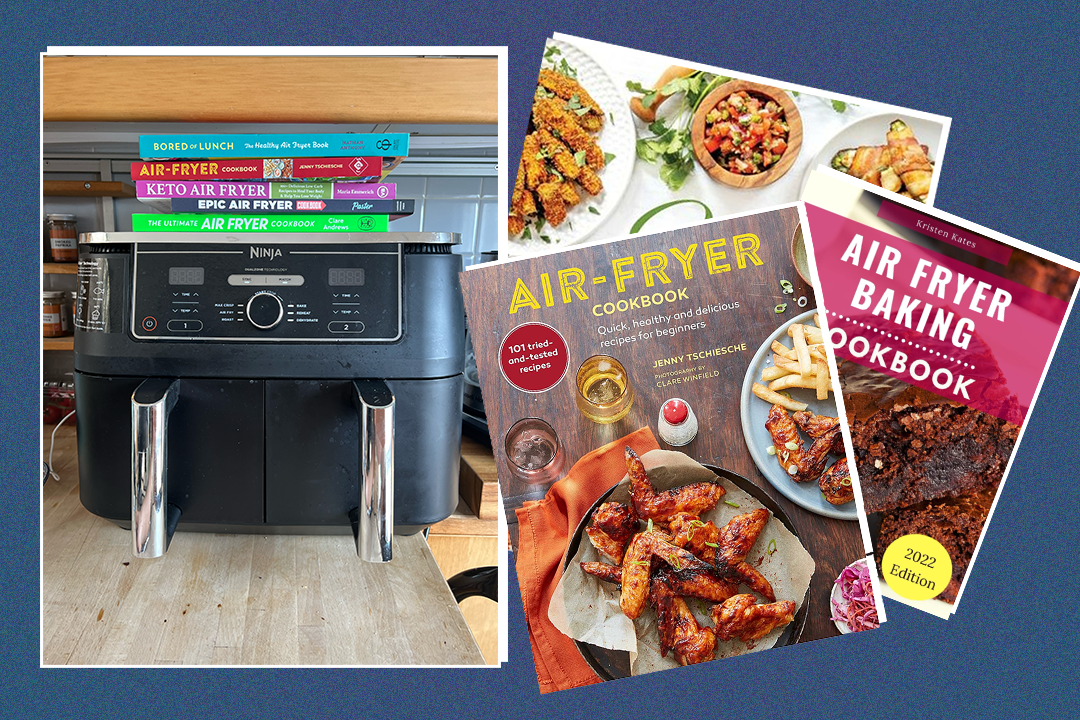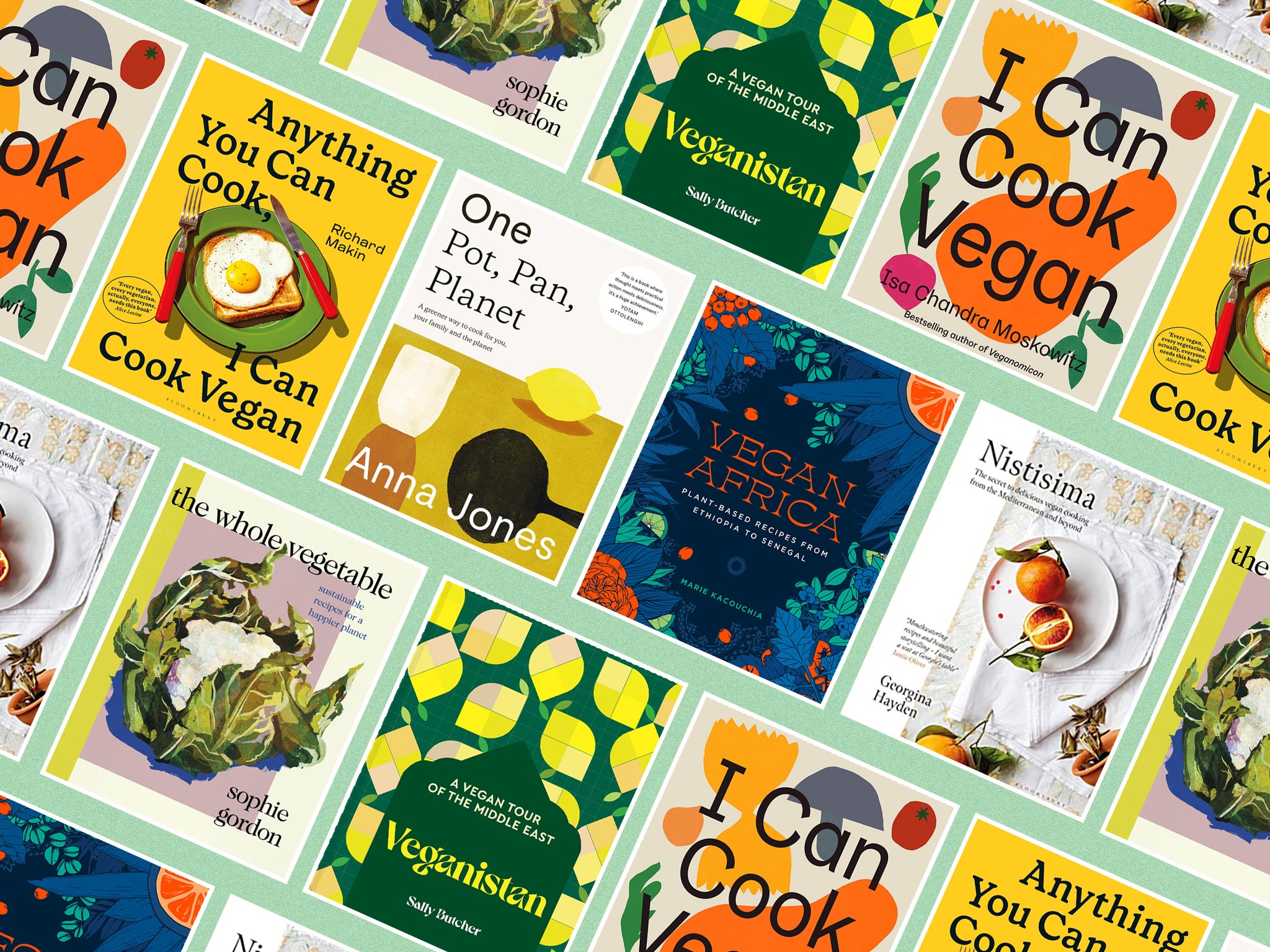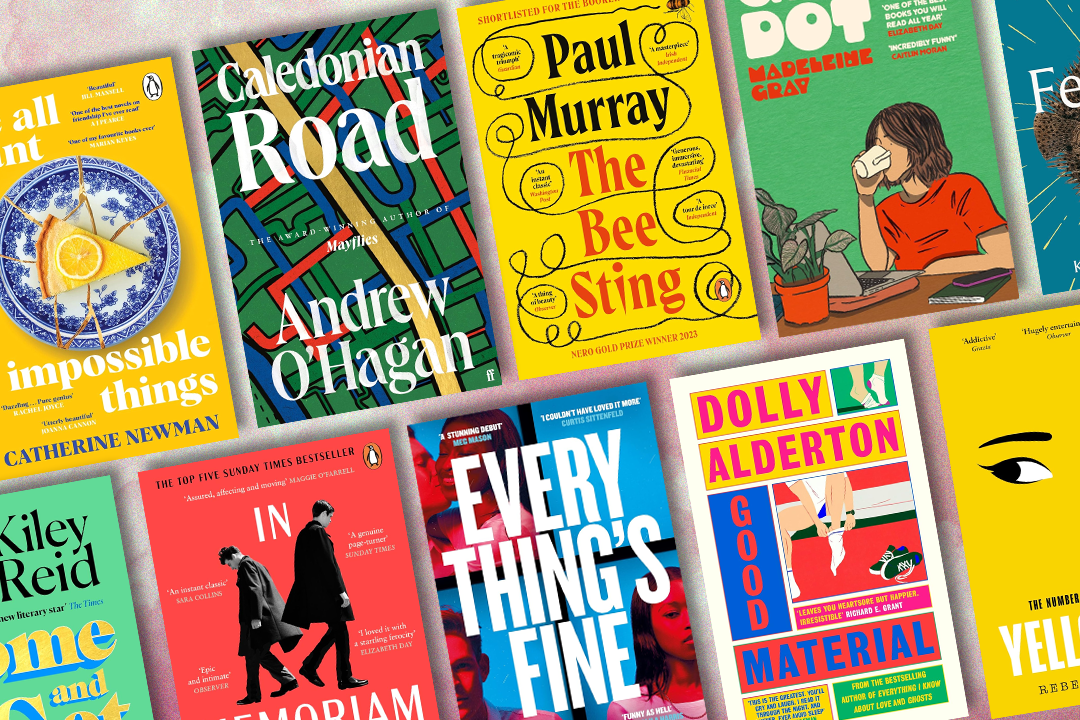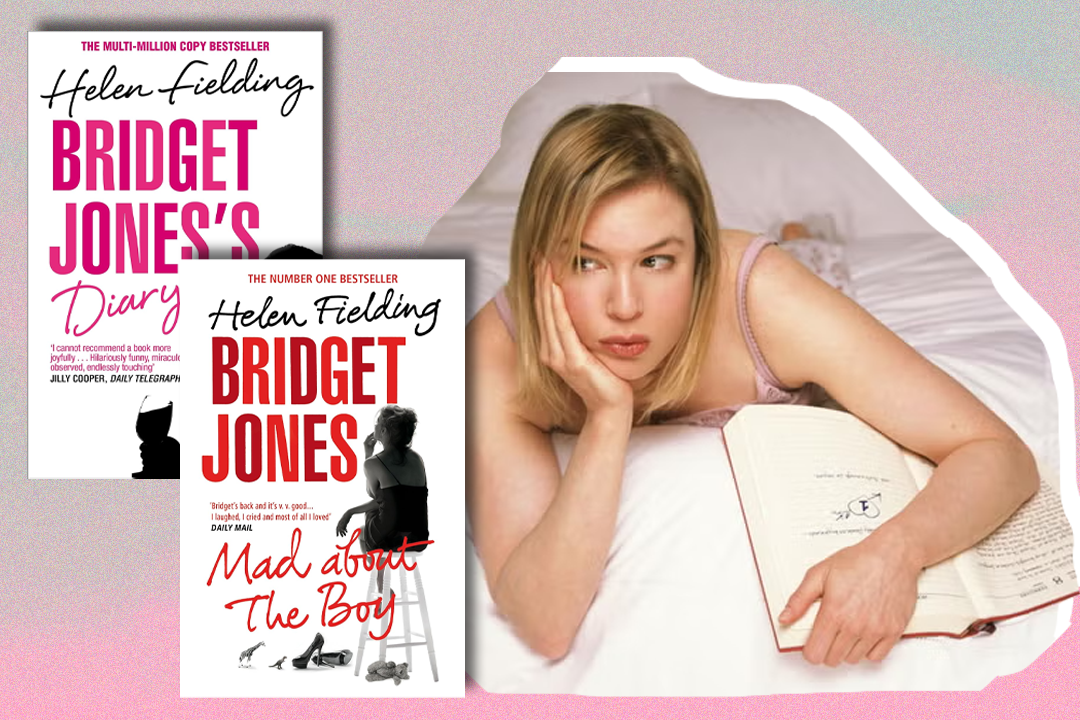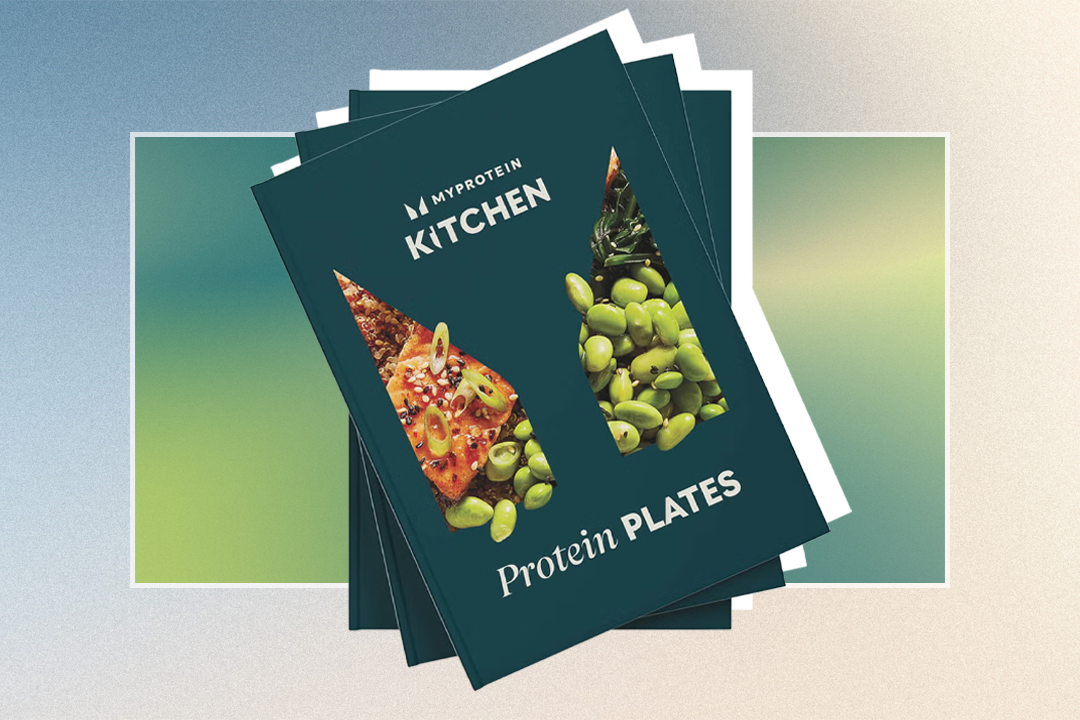The Independent's journalism is supported by our readers. When you purchase through links on our site, we may earn commission. Why trust us?
9 best books to reignite your love of food and cooking in 2024
From recipes to short stories, these books will make your heart skip a beat and your stomach rumble
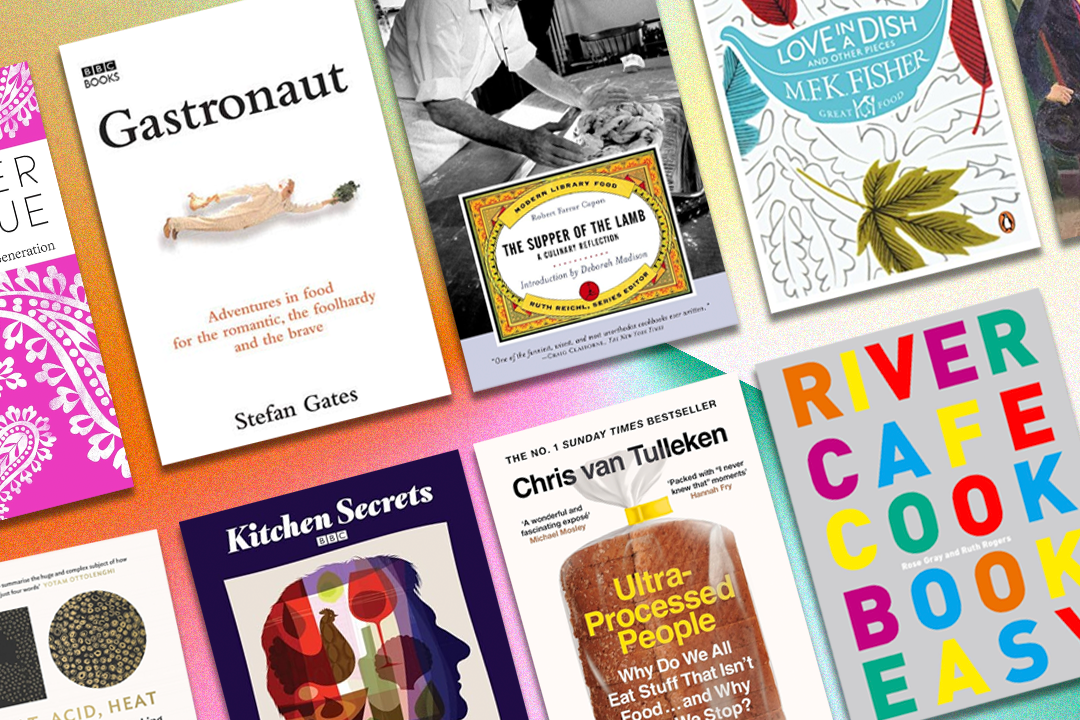
For anyone blessed enough to live a life centred around food, restaurants and eating, a bacchanalian gluttony can occasionally rear its ugly head, often leading to languor in both our domestic kitchens and the aisles of the grocer. In short – despite our best intentions and an endless curiosity towards the topic – food and, indeed, the desire to cook can have a shelf life.
Inspiration, as with anything, comes from those who have done it better before. A great artist might visit the MET or the Peggy Guggenheim to activate their inquisitive, artistic nature, and so too must you, in times of need, explore the brilliant, acerbic and witty books on the topic of eating, thereby refreshing and rekindling that spark for food and cooking.
Good food is as much about emotion as it is technique, which is why our list of the best books about food (biased towards classics and lesser-known gems) spans both highly useful cookery books and more romantic musings on the subject matter.
Before dusting off your apron and returning to the tiresome sameness of your usual dishes (if I see another forced rhubarb, I believe I’ll emigrate), beat a path to a good bookstore and thumb through a few chapters of something nourishing, in every possible sense.
How we tested the best books about food
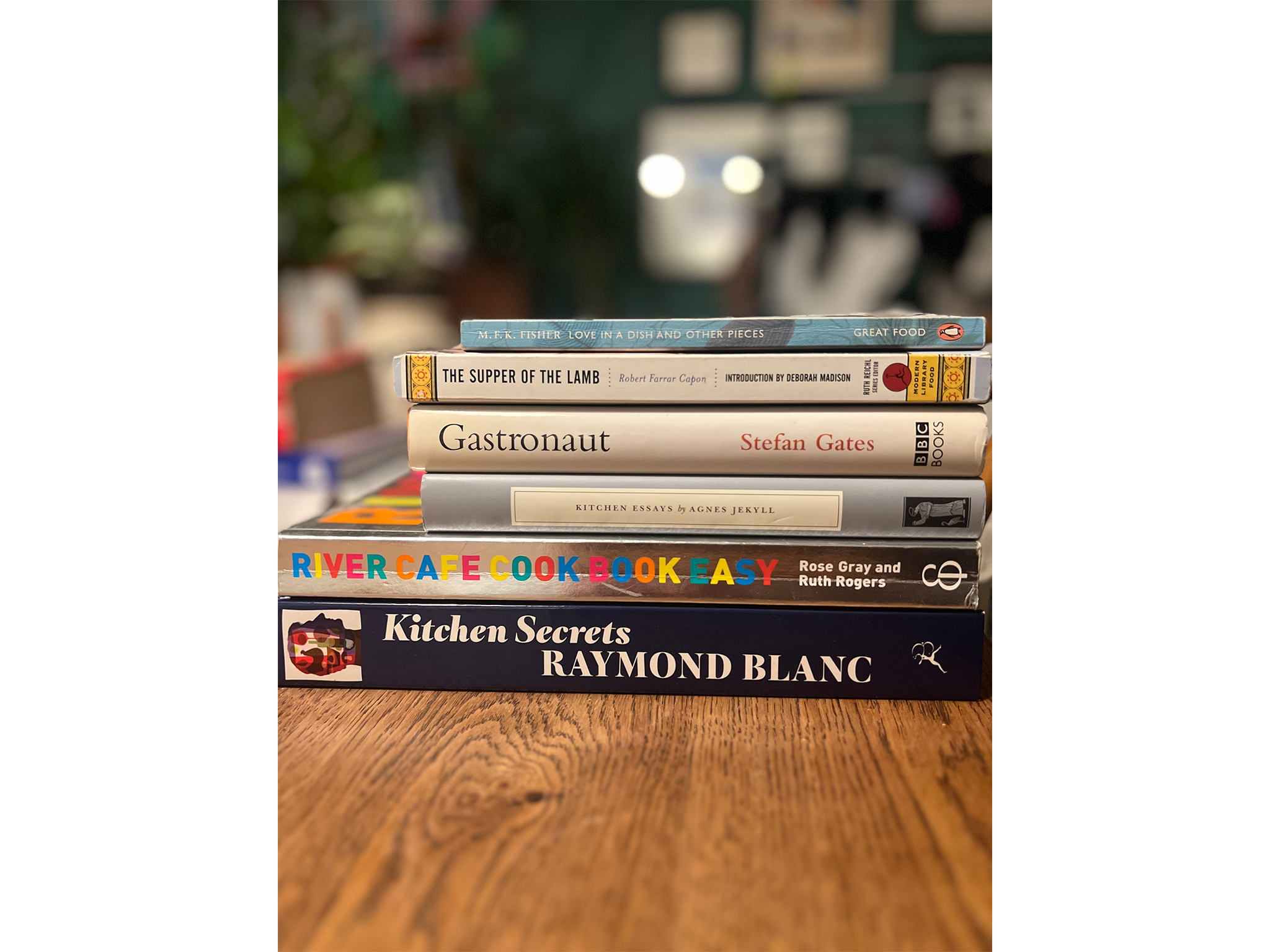
We’ve read a wide range of books in this category, including lesser-known, older titles from vintage and secondhand bookshops, discussing them with other food and restaurant writers and, naturally, testing out a range of recipes from each book, as appropriate.
The best books about food 2024 are:
- Best overall – The Supper of the Lamb: A culinary reflection, by Robert Farrar Capon: £15.91, Amazon.co.uk
- Best for simple Italian cooking – River Cafe Cook Book Easy, by Rose Gray and Ruth Rogers: £30, Shoptherivercafe.co.uk
- Best for the essentials – Salt, Fat, Acid, Heat, by Samin Nosrat: £26.05, Amazon.co.uk
- Best soul-nourishing recipes – Mother Tongue: Flavours of a second generation, by Gurdeep Loyal: £17.14, Amazon.co.uk
1‘The Supper of the Lamb: A culinary reflection’, by Robert Farrar Capon, published by Modern Library Food

- Best Overall
- Publisher Modern Library Food
- Category Cookbook (sort of)
- Highlight Parsley dumplings
- Why we love it
- Capon’s sharp wit
- Useful home kitchen advice
Beyond a treatise on all things food, this may well be one of the best-written books about cooking you’ve never heard of. Ostensibly a cookbook for the recipe “lamb for eight persons four times”, (although the back 60 or so pages reveal further recipes) The Supper of the Lamb is more an encyclopaedic and theological text concerning all things that nourish one’s soul: from the delicious to the divine.
Touching on a breadth of topics, from festal and ferial cooking to the magnificent virtues of an onion, Capon’s work is rapturous – no surprise, as the author was also an Episcopalian priest. Expect some tolerable religiosity and to read around two thirds of the book before the flagship recipe is fully unveiled. This is a witty, revealing and self aware text that is sure to go down well with anyone curious about cooking.
2‘Love in a Dish and other pieces’ by MFK Fisher, published by Penguin

- Best For memories of food
- Publisher Penguin
- Category Personal essays
- Highlight The essay ‘I Was Really Very Hungry’
- Why we love it
- The breadth of stories
- Fisher’s timeless writing style
- The vivid imagery
When it comes to offering sustenance for the stomach or the soul, MFK Fisher’s work tends to fall into the latter category. It’s rare for an author to have a name so synonymous with exceptional food writing, but such was Fisher’s assured prowess in this domain, there isn’t a text of hers that fails to stir one’s emotions.
Love in a Dish, and other pieces is the ideal jumping off point for anyone seeking enrichment – her collection of culinarily-inclined personal essays include G is for Gluttony and Two Kitchens in Provence as well as a personal favourite: I Was Really Very Hungry. It’s a book so effortlessly digestible, not to mention passionately written, even the most ravenous of readers will find themselves returning to its pages time and again.
3'River Cafe Cook Book Easy’, by Rose Gray and Ruth Rogers, published by Ebury

- Best For simple Italian cooking
- Publisher Ebury
- Category Cookbook
- Highlight Ricciarelli (small almond biscuits, spiked with orange)
- Why we love it
- Many recipes containing fewer than five ingredients
- Recipes can be dialled up for parties and occasions
- Take note
- This is rustic cooking with minimal instruction
Published in 2003, this book is a pure celebration of the simplicity of Italian cooking. The collection of some 250+ recipes speaks to a philosophy of quiet sophistication, unfussy preparation and, importantly, flavour. The idea of an Italian kitchen not having these straightforward recipes in their repertoire seems jarring; the ease and accessibility of the book makes the entire collection essential for anyone looking to get their hand back in the game.
Dishes such as the cotechino lentils; duck with tomatoes; and gnudi bianci will slowly reignite any missing spark from a home kitchen in need of a reset.
4‘Gastronaut’ by Stefan Gates, published by BBC Books

- Best For answering the food questions no one ever asked
- Publisher BBC Books
- Category Essays, interspersed with the occasional recipe
- Highlight A chapter on ‘How to stage a bacchanalian orgy, in the comfort of your own home'
- Why we love it
- Silliness taken seriously
- The obvious depth of research
This is a title steeped in a certain playfulness. It doesn’t take anything too seriously and that’s exactly what is called for when the home cook or professional eater requires a little lift. Including such irreverent chapters as ‘How to stage a bacchanalian orgy’ and ‘What foods make us fart’, Stefan Gates’s 2006 book is both lighthearted and brilliantly put together, answering the questions about food frankly no one has ever asked before. It’s as essential as it is pointless and the result is something impossible to put down.
5‘Salt, Fat, Acid, Heat’ by Samin Nosrat, published by Canon Gate

- Best For the essentials
- Publisher Canon Gate
- Category Cookbook
- Highlight Kuku sabzi: Persian herb and greens frittata
- Why we love it
- Fabulous illustrations matching the detailed directions
- The overall usability of the book
- Take note
- These principles may need a refresh every few years
Samin Nosrat has distilled the essence of all great cooking – indeed, what makes food great – into four simple and digestible categories: salt, fat, acid, heat. These four categorise all consumable flavour in such a straightforward way, it’ll reignite the waning passions of any home cook.
The first 200 or so pages of Nosrat’s work are theoretical: they cover (in some significant detail) the basis of her approach and how combinations of salt, fat, acid and heat affect food. The following 250 pages offer a plentiful recipe resource that will quite simply make you a better home cook. Take a weekend and savour this one, you’ll not regret it.
6‘Kitchen Secrets’ by Raymond Blanc, published by Bloomsbury

- Best For accessible French classics
- Publisher Bloomsbury
- Category Cookbook
- Highlight Pot au feu
- Why we love it
- Blanc’s passion
- The number of dessert recipes
- The easy-to-follow instructions
- Take note
- Many of the recipes are on the rich side
Raymond Blanc opened the pioneering two Michelin-starred Le Manoir aux Quat Saisons more than 40 years ago, but this pleasingly usable cookbook focuses not on highfalutin technique or complex fine dining recipes, but instead hearty French country fare that any home cook can (and should) undertake.
Throughout the text, stars denote simplicity and the vast majority of the recipes come listed with a one out of three ranking, confirming the overwhelming usefulness of the cookbook. Dishes such as îles flottantes, comte souffle and navarin of lamb stud the pages of this book like cloves stud an onion stewing in a pot of simmering milk.
If anyone has fallen out of love with food or cooking, Blanc’s unerring passion, combined with the satisfaction of the finished French fare, is a sure-fire remedy.
7'Kitchen Essays’ by Agnes Jekyll, published by Persephone Books Ltd

- Best Historic look at occasion food
- Publisher Persephone Books Ltd
- Category Personal essays combined with recipes
- Highlight Recipes ‘For the too thin’ and ‘For the too fat'
- Why we love it
- Jekyll’s detailed descriptions
- Take note
- The language reflects the era in which it was first published
First published more than 100 years ago, Agnes Jekyll’s fabulous collection of short essays in cookery are at once romantic and practical. There’s a curt functionality to both the prose and the contents within Kitchen Essays. The book transports you headfirst into Jekyll’s world: one whereby only the women of the household – or perhaps the valet de chambre – are the cooks, and you, dear reader, really are expected to know a good deal of French.
Chapters such as ‘Their first dinner party’ and ‘Food for artists and speakers’ provide more robust recipe-led instruction, while others such as ‘Of good taste in food’ might be a little less forthcoming on that front. Highly historic, highly witty and highly worthwhile, it’s a collection of joyful narratives.
8‘Ultra-Processed People’, by Dr Chris van Tulleken, published by Cornerstone

- Best For understanding food
- Category Cornerstone Press
- Category The science of food
- Highlight Food-led enlightenment
- Why we love it
- Strong academic underpinning
- The simple flow of complex ideas
- Take note
- You’ll never look at cereal the same way
Aside from the title of this book being a recent food-forward buzz-phrase, its story represents a wider national issue in how Britons consume food. Compared with Allen Carr’s Easy Way to Quit Smoking, the text will encourage the reader to eat in a certain way throughout, while slowly dismantling any preconceived notions around the relationship between food and health (thought sugar was bad? Think again).
An understanding of ultra processed foods will guide readers towards logical, peer-reviewed conclusions on its harms, and the flip side of that coin is a kind of food-led enlightenment on eating and living better. For anyone who cares about eating, it’s an essential, un-put-downable read.
9‘Mother Tongue: Flavours of a second generation’ by Gurdeep Loyal, published by HarperCollins

- Best Soul-nourishing recipes
- Publisher HarperCollins
- Category Cookbook
- Highlight Pistachio and sumac madeleines with rose milk jam
- Why we love it
- Loyal’s combination of Anglo-Indian flavours
Few cookbooks are as personal as Loyal’s debut. There’s a tension his book deftly handles – one doubtlessly experienced by all those with Indian parentage who are raised in Britain – through the virtues of the recipes contained within it.
It speaks to a duality of citizenry: both Indian and British. Coconut crab crumpets, kasundi keema lasagne rolls, and tikka tempura scampi with lime leaf aioli are among the most pleasing in the book, while the pistachio and sumac madeleines with rose milk jam are a must. They say the reason we always have room for dessert after a meal is that main courses go to one’s stomach, while puddings go to the heart: these madeleines are deliciously, inescapably heart-bound.
The verdict: Books about food
This round-up spans hundreds of years of food and cookery writing, from familiar names to lesser-known authors. While each book will doubtless rekindle a culinary curiosity – from Italian and French cookbooks written by restaurant industry legends to contemporary academic works on food systems and how we eat – our overall best buy is Robert Farrar Capon’s The Supper of the Lamb. The work is a cookbook of sorts, with dozens of recipe standards towards the rear of the book, the first two thirds are more a general treatise on eating well, wittily compiled by this most unexpected of writers.
Hungry for more culinary recommendations? These are the best cookbooks you’ll return to again and again









